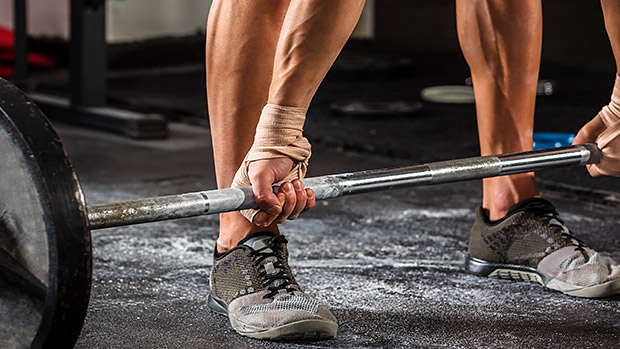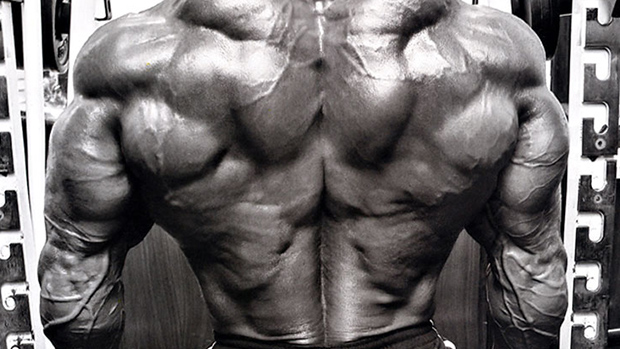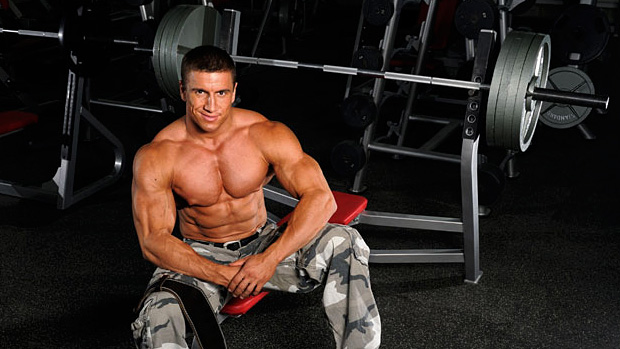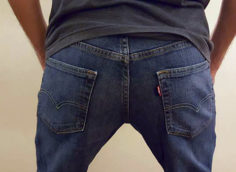The Causes of Bad Technique
In my work with athletes over the past 25 years, I've isolated only three causes of incorrect technique for any given lifting skill:
1 – You don't understand what correct technique is.
You have sufficient physical attributes to perform the skill, but not the necessary cognitive understanding.
2 – You lack the mobility for the skill in question.
During my former life as a martial artist, I totally understood how to kick a 7-foot tall opponent in the face, but (much to my chagrin at the time) I lacked the requisite flexibility.
In the gym, sometimes people understand how to arch their low back during a squat, but their hip structure doesn't allow an arched lumbar spine during a deep squat. This is a problem without a solution, but if it's short muscles/connective tissue that prevents proper technique, you can work on lengthening those tissues until proper form is possible.
3 – You're not strong enough to use correct technique.
If you have bad technique using a heavy weight, but good technique with a light weight, you understand and have adequate mobility to correctly perform the lift in question. The solution is to get stronger.
The Stages of Technique Acquisition
I categorize technique acquisition into three successive categories:
- Incompetent: You don't understand how to perform the movement correctly. The errors you make are unrelated to how much weight you're using.
- Unstable: As long as the weight you're lifting is well within your abilities, you look great. Once the weight becomes too challenging, however, your technique falls apart. For example, if you're trying to bench a challenging weight, you cut your range of motion, your ass comes off the bench, yada yada.
- Stable: Your technique always looks the same, regardless of how much weight is on the bar. If you try to bench more weight than you can handle, you simply miss the rep.
A few thoughts on this schema:
- Having stable technique is only beneficial if it's stable GOOD technique. If you stabilize poor technique, it'll be a bitch of a job to relearn it.
- For lifters at the first two levels, as you pursue ever-increasing challenges (more weight, more reps, etc.), there's an inevitable tendency for your otherwise good technique to erode. Sometimes this is okay (such as cutting your ROM a bit on benches), and sometimes it's not (such as rounding your lower back on a heavy deadlift).
Either way, if you hit a new lifting PR but did so with shaky technique, dial it back a notch or two and do what I call a "consolidation cycle," which simply means, take a month or so to hit that PR with form you're happy with.
The Stages of Learning
This is a useful way to conceptualize the process of attaining mastery:
- Unconscious Incompetence – You suck, but you don't know it.
- Conscious Incompetence – You still suck, but now you know it. This stage must occur before meaningful change can take place.
- Conscious competence – Now you're capable of correct technique, but it takes a lot of mental horsepower and your form is still "unstable" (using the classification scheme I presented above).
- Unconscious Competence – This is the mastery level. Your technical skills are so refined, so deeply entrenched, you actually find it difficult to do them incorrectly. When someone asks you how to do the skill in question, you struggle because it's been so long since you've given it any thought.





